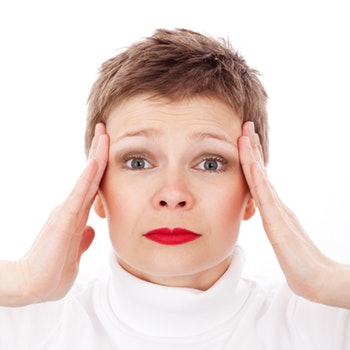
One of the most noticeable - and reliable - signs of menopause is lack of periods. Obviously, once a woman has a hysterectomy (removal of the womb), she can no longer track her periods to help identify if she is becoming peri or even post menopause - and some women don't recognise or require treatment for other menopause symptoms.
This is important because women who enter menopause early particularly under age 45 are at a significant risk of Cardiovascular Disease and Osteoarthritis - . even if they have no menopause symptoms, younger women are generally advised to consider HRT to protect their heart and bones.

Once established on the “right” HRT preparation for you, its often presumed that menopause symptoms will be suppressed for as long as the HRT is taken…Unfortunately that’s not always the case.
Many factors can affect how well HRT works - from health and lifestyle changes to human error and bad habits.....

Changes to the vagina and bladder occur around menopause - theses areas are very oestrogen sensitive and as levels of oestrogen fall many women notice discomfort.
Often the first sign of reduced oestrogen to the vagina is less lubrication during sexual activity. Some women actually describe increased vaginal secretions - this is usually a later sign of dryness when the vagina tissues are so depleted secretions leak through the thinning vagina walls. This increased discharge has a particular odour which some women feel is unpleasant. It is normal and not a sign of infection. The vagina becomes less acidic which means less natural protection from thrush. The bladder can also become "dry" leading to sensations like having a urinary infection - even though urine samples test negative for infection.
A range of effective treatments are available. Understanding the differences and choosing the right products are vital.
 During menopause disturbed sleep and poor sleep quality can be a huge problem. Swinging oestrogen levels can cause night sweats, heat intolerance, insomnia and occasionally nightmares.
During menopause disturbed sleep and poor sleep quality can be a huge problem. Swinging oestrogen levels can cause night sweats, heat intolerance, insomnia and occasionally nightmares.
Difficulty falling asleep, or falling into a deep sleep quickly only to be wide awake a few hours later - or intermittent waking throughout the night - often due to night sweats - are typical experiences during menopause. Lack of sleep can play havoc with our wellbeing, and quickly lead to anxiety and stress. All other menopause symptoms, and life worries, feel worse without good restorative sleep.
